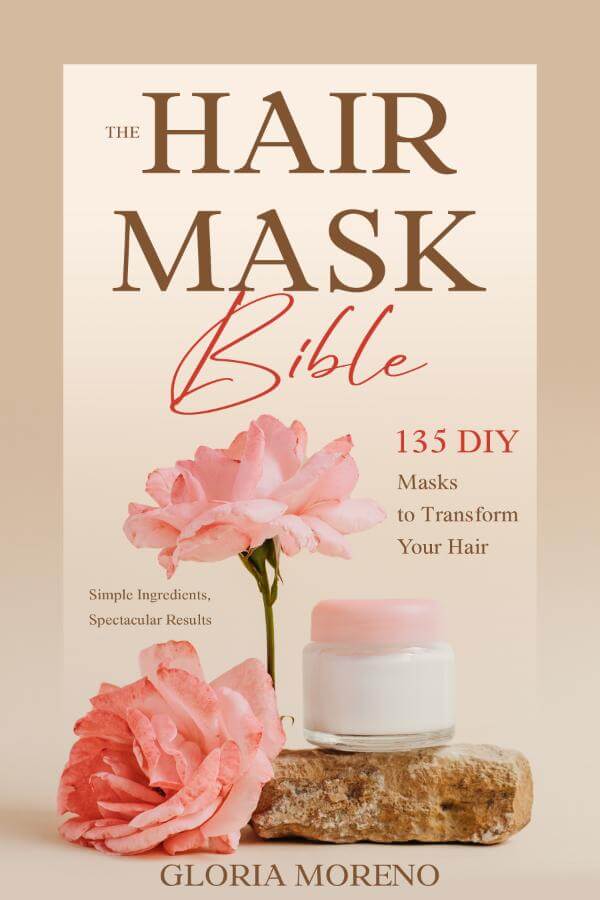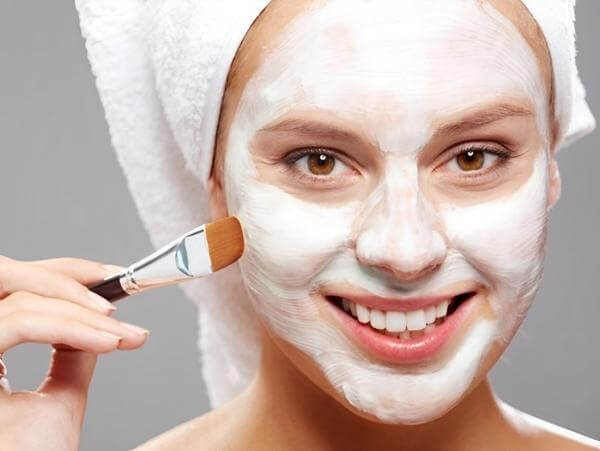
In the realm of natural remedies for skincare, one household staple stands out for its versatility and effectiveness – baking soda. Beyond its conventional use in baking and household cleaning, baking soda possesses a plethora of benefits for the skin.
From exfoliation to acne treatment, its gentle yet powerful properties make it a valuable addition to any skincare routine.
Let’s delve into the science behind baking soda and explore its various benefits for achieving healthier, radiant skin.
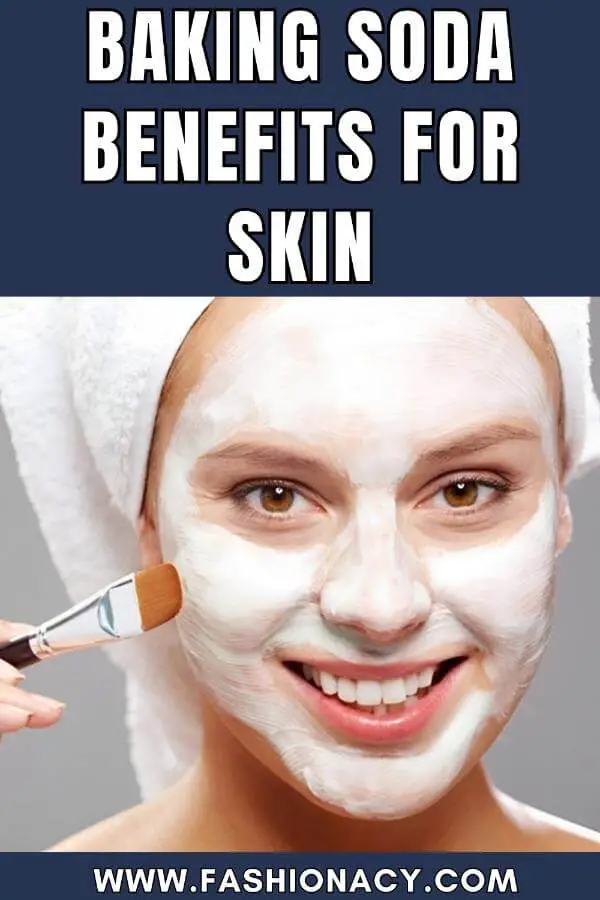
Understanding Baking Soda: Chemically known as sodium bicarbonate, baking soda is a white crystalline powder with alkaline properties. It has been used for centuries for its versatility and affordability. Baking soda works by gently exfoliating the skin, balancing pH levels, and possessing antibacterial properties, making it an excellent option for addressing various skin concerns.
Exfoliation: One of the key benefits of baking soda for skin is its ability to exfoliate. Its fine granules help remove dead skin cells, unclog pores, and promote cell turnover, resulting in smoother, brighter skin. When mixed with water to form a paste, baking soda provides a gentle physical exfoliation without causing irritation, making it suitable for all skin types.
Balancing pH Levels: Maintaining the skin’s pH balance is crucial for overall skin health. Baking soda, with its alkaline nature, helps regulate the skin’s pH levels, which can become imbalanced due to factors such as pollution, harsh skincare products, and environmental stressors. By restoring the skin’s natural pH, baking soda helps prevent issues like dryness, acne, and sensitivity, promoting a more resilient complexion.
Acne Treatment: Acne is a common skin concern that affects people of all ages. Baking soda’s antibacterial properties make it an effective remedy for combating acne and preventing breakouts. It helps eliminate acne-causing bacteria, reduce inflammation, and absorb excess oil from the skin’s surface. Additionally, its exfoliating action helps unclog pores, preventing the formation of blackheads and whiteheads.
Natural Deodorant: Body odor occurs when bacteria on the skin break down sweat. Baking soda, when applied topically, helps neutralize odors by balancing the skin’s pH and absorbing moisture. Many natural deodorant formulations incorporate baking soda for its odor-fighting properties, offering an alternative to conventional antiperspirants that may contain harsh chemicals.
Soothing Irritations: Sensitive or irritated skin can benefit from the soothing properties of baking soda. It helps alleviate itchiness, redness, and inflammation associated with conditions like sunburn, insect bites, and allergic reactions. A baking soda bath or compress can provide relief and promote healing, thanks to its calming and anti-inflammatory effects.
Brightening and Tightening: Regular use of baking soda can contribute to a more radiant complexion. Its exfoliating action helps fade dark spots, hyperpigmentation, and acne scars over time, revealing clearer, more even-toned skin. Moreover, baking soda’s astringent properties help tighten pores and improve skin texture, giving the skin a smoother, more refined appearance.
How to Use Baking Soda For Face Safely
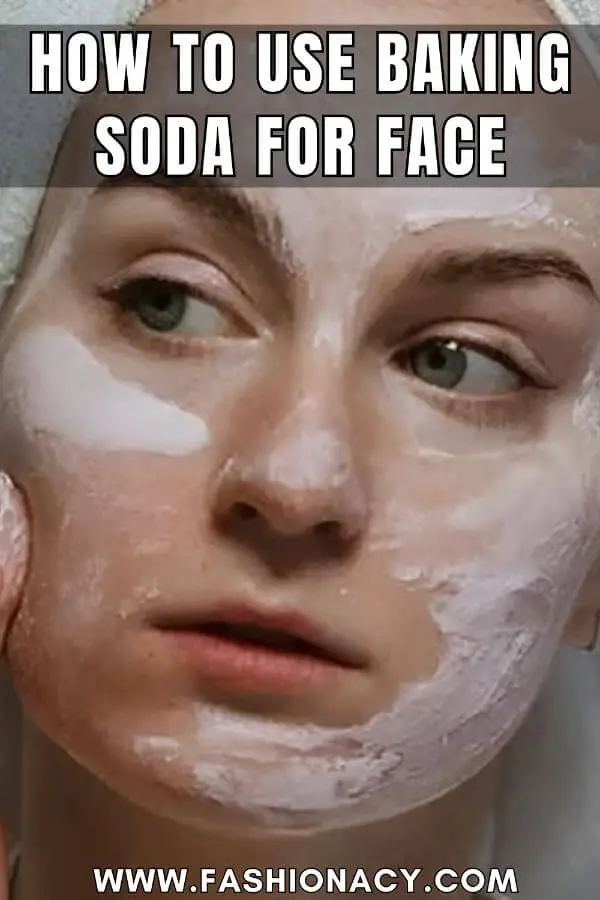
While baking soda offers numerous benefits for the skin, it’s essential to use it safely to avoid potential side effects. Here are some tips for incorporating baking soda into your skincare routine:
- Patch Test: Before using baking soda on your face or body, perform a patch test to check for any adverse reactions. Apply a small amount of diluted baking soda to a discreet area of your skin and wait 24 hours to observe any signs of irritation.
- Dilute Properly: Baking soda is highly alkaline, so it’s crucial to dilute it with water or other soothing ingredients like honey or aloe vera gel. Avoid using baking soda alone, as it may cause excessive drying or irritation.
- Limit Frequency: Excessive use of baking soda can disrupt the skin’s natural barrier and lead to irritation or dryness. Incorporate baking soda into your skincare routine no more than 1-2 times per week, depending on your skin’s tolerance.
- Moisturize: After using baking soda, follow up with a gentle moisturizer to replenish moisture and protect the skin’s barrier. This helps prevent dryness and maintains the skin’s hydration levels.
- Avoid Eye Area: Baking soda can be too abrasive for the delicate skin around the eyes. Avoid using it near the eye area to prevent irritation or damage.
Basic Baking Soda Face Mask
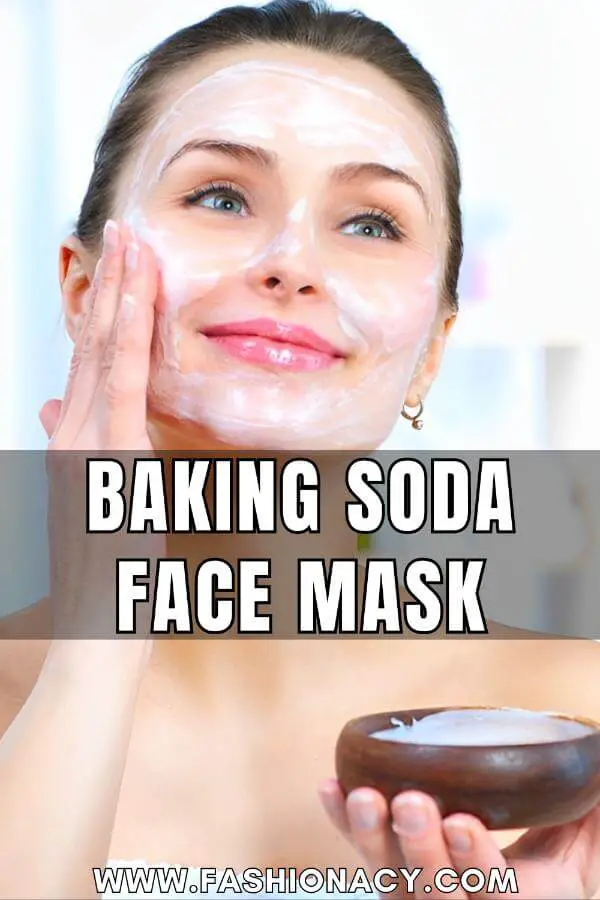
Creating a homemade baking soda face mask is a simple and effective way to revitalize your skin. Baking soda, or sodium bicarbonate, is a versatile ingredient commonly found in most kitchens. Its alkaline nature makes it an excellent option for skincare due to its ability to gently exfoliate, cleanse, and balance the skin’s pH levels. Here’s a basic recipe for a baking soda face mask along with variations to suit different skin types:
Ingredients:
- Baking soda: 1 tablespoon
- Water or Rosewater: Enough to form a paste
Instructions:
- Start by washing your face with a gentle cleanser to remove any dirt, oil, or makeup residue.
- In a small bowl, mix the baking soda with water or rosewater to form a smooth paste. Adjust the amount of liquid to achieve a spreadable consistency.
- Apply the mask evenly to your face, avoiding the delicate eye area.
- Leave the mask on for 5-10 minutes, allowing it to dry.
- Once the mask is dry, wet your fingertips and gently massage your face in circular motions to exfoliate.
- Rinse off the mask thoroughly with lukewarm water.
- Pat your skin dry with a clean towel and follow up with your favorite moisturizer.
Variations:
1. Baking Soda and Honey Face Mask:
- Honey is a natural humectant, meaning it helps retain moisture in the skin while also providing antibacterial properties.
- Mix 1 tablespoon of baking soda with 1 teaspoon of raw honey.
- Follow the same application and removal steps as the basic mask.
2. Baking Soda and Coconut Oil Face Mask:
- Coconut oil is deeply moisturizing and contains lauric acid, which has antimicrobial properties.
- Mix 1 tablespoon of baking soda with 1 teaspoon of melted coconut oil.
- Apply and remove the mask following the same steps as the basic mask.
3. Baking Soda and Yogurt Face Mask:
- Yogurt contains lactic acid, which gently exfoliates the skin and promotes cell turnover.
- Mix 1 tablespoon of baking soda with 1 tablespoon of plain yogurt.
- Apply and remove the mask following the same steps as the basic mask.
4. Baking Soda and Lemon Juice Face Mask:
- Lemon juice is rich in vitamin C and citric acid, which brightens the skin and helps fade dark spots.
- Mix 1 tablespoon of baking soda with 1 teaspoon of freshly squeezed lemon juice.
- Due to the acidity of lemon juice, perform a patch test before applying to ensure it doesn’t cause irritation.
- Apply and remove the mask following the same steps as the basic mask.
Precautions:
- Baking soda can be abrasive, so it’s essential to avoid excessive scrubbing, especially if you have sensitive skin.
- Perform a patch test before applying any new skincare ingredient to ensure you don’t have an adverse reaction.
- Limit the use of baking soda face masks to once or twice a week to prevent over-exfoliation.
Incorporating a baking soda face mask into your skincare routine can help promote a clearer, smoother complexion. However, it’s essential to listen to your skin’s needs and adjust the frequency of use accordingly. If you experience any irritation or discomfort, discontinue use and consult a dermatologist.
Conclusion
In conclusion, baking soda offers a myriad of benefits for the skin, ranging from exfoliation and acne treatment to pH balancing and soothing irritations. When used correctly and in moderation, baking soda can be a valuable addition to your skincare arsenal, helping you achieve healthier, more radiant skin naturally. However, it’s essential to approach its usage with caution and always prioritize the health and integrity of your skin.


